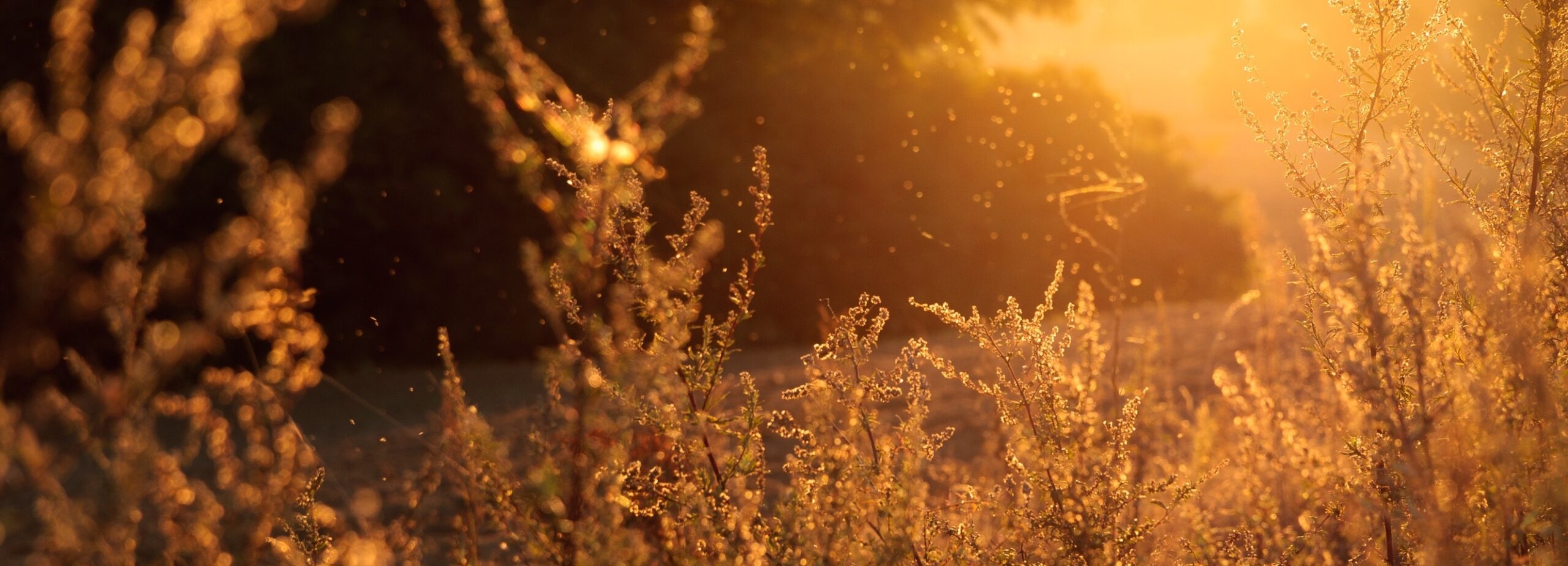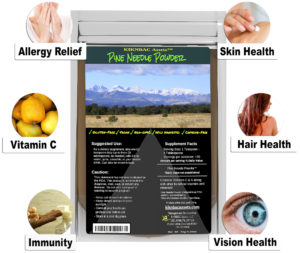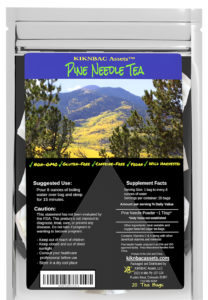They say there is a specific season where allergies are their worst, but as far as my family is concerned, allergy season is every season. Whether it’s summer, spring, winter or fall, there is always something in the air that irritates your sinuses and tickles your throat.
Now some months may be worse than others, but many people within arms reach are fighting some sort of sniffle or puffiness year round. This could be from what grows that time of year or even just too much dust accumulation. The fight against symptoms is never ending!
When fall rolls around most of us have pumpkin lattes and decor on the brain and not how to combat allergies, but there are still some to keep an eye out for. Ragweed is usually this season’s number one allergen. A single plant can produce tons of pollen and usually does not slow down until the first freeze kills the plant. And dust mites may also be at their peak this time of year because they thrive in 60-70 degree weather.
When you think of winter allergies I doubt much comes to mind because most plants are dormant or dead this time of year (if you live in a colder climate). But there are still allergens around during this season that can cause discomfort. Some of these include: fireplace smoke, pet dander, wood and even mold.
And then it’s spring again! Spring is the time that most allergies are at their peak. Pollen is most people’s trigger for this season’s allergies. It can come from trees, grasses and weeds that come back to life and bloom this time of year. I’m someone who thankfully only suffers from springtime allergies, and I couldn’t imagine feeling that discomfort year round.
Finally when summer hits and your main focus is vacation and tan lines the last thing you want to worry about is keeping tissues on-hand, but you very well may need to. The warmer weather is perfect for plant growth and therefore more pollen, which there is an abundance of on warm and breezy days.
Most people with allergies will already have certain medications, whether over the counter or prescription, that help them fight off the symptoms. But there are also some more natural ways to lessen these reactions that won’t “break the bank.”
To start, eating an anti-inflammatory filled diet can help. This would mean eating more things like garlic, lemon, green leafy vegetables, bone broth, coconut milk, apple cider vinegar and local raw honey.
There are also some vitamins you can make a priority if you start to feel symptoms before buying over the counter relief. Vitamin C can be very useful in combating allergies. Vitamin C helps to stabilize the immune cells that cause allergic reactions. And there are many supplements out there that are full of Vitamin C and can really help you get through allergy seasons.
KBA’s Pine Needle products are a great option to up your Vitamin C levels, providing you with 3-5 times more Vitamin C than an average orange. We offer Pine Needle Powder, which can be mixed into water or smoothies, and we also have a Pine Needle Tea, that you can steep anytime. Pine Needles also have other benefits such as helping with immunity, skin health, hair health and even eye health.
Whether you’re a year round allergy fighter or just have flair-ups in peak season, try taking a more natural approach to combat symptoms and arm your body with the vitamins it needs to perform at its best regardless of the season.




